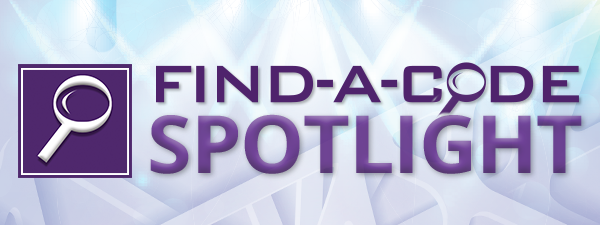 Coverage for Hearing Aids and Auditory ImplantsBy Brandon Dee Leavitt QCC, CMCS, CPC, EMT March 21, 2019 For hearing impairment, Medicare is firm in its stance on when it will and will not cover hearing correction. In the PUB 100-02 Medicare Benefit Policy Manual, Chapter 16, Medicare cites the Social Security Act by explaining: "..."hearing aids or examination for the purpose of prescribing, fitting, or changing hearing aids" are excluded from coverage." So, hearing aids will not be covered when the purpose is strictly limited to hearing correction without certain complications. Medicare classifies hearing aids as: "...amplifying devices that compensate for impaired hearing. Hearing aids include air conduction devices that provide acoustic energy to the cochlea via stimulation of the tympanic membrane with amplified sound. They also include bone conduction devices that provide mechanical energy to the cochlea via stimulation of the scalp with amplified mechanical vibration or by direct contact with the tympanic membrane or middle ear ossicles." However, there are certain cases of coverage Medicare indicates are allowed.
"Certain devices that produce perception of sound by replacing the function of the middle ear, cochlea or auditory nerve are payable by Medicare as prosthetic devices. These devices are indicated only when hearing aids are medically inappropriate or cannot be utilized due to congenital malformations, chronic disease, severe sensorineural hearing loss or surgery."
"Medical and hospital services are sometimes required to treat a condition that arises as a result of services that are not covered because they are determined to be not reasonable and necessary or because they are excluded from coverage for other reasons.... (e.g., cosmetic surgery, non-covered organ transplants, non-covered artificial organ implants, etc.)...., "However, any subsequent services that could be expected to have been incorporated into a global fee are not covered. Thus, where a patient undergoes cosmetic surgery and the treatment regimen calls for a series of postoperative visits to the surgeon for evaluating the patient's progress, these visits are not covered." And what prosthetic devices are covered? These are the devices listed in PUB 100: "Cochlear implants and auditory brainstem implants, i.e., devices that replace the function of cochlear structures or auditory nerve and provide electrical energy to auditory nerve fibers and other neural tissue via implanted electrode arrays. "Osseointegrated implants, i.e., devices implanted in the skull that replace the function of the middle ear and provide mechanical energy to the cochlea via a mechanical transducer." Essentially, these are cases where hearing correction is reimbursed:
References:
###Dee is a Subject Matter Expert at Find-A-Code, with experience in both product support and development. He is a Certified Professional Coder through the AAPC (American Academy of Professional Coders) and certified Emergency Medical Technician through the NREMT (National Registry of Emergency Medical Technicians). As a pre-dental student at Brigham Young University, he is working on his undergraduate degree in Exercise Science. share
More Items in March 2019
To view more items select a month from our "Items by Month" list. |
2023 view 2022 view 2021 view 2020 view 2019 view 2018 view 2017 view 2016 view 2015 view 2014 view 2013 view 2012 view 2011 view 2010 view 2009 view 2008 view |
Thank you for choosing Find-A-Code, please Sign In to remove ads.

 Quick, Current, Complete - www.findacode.com
Quick, Current, Complete - www.findacode.com